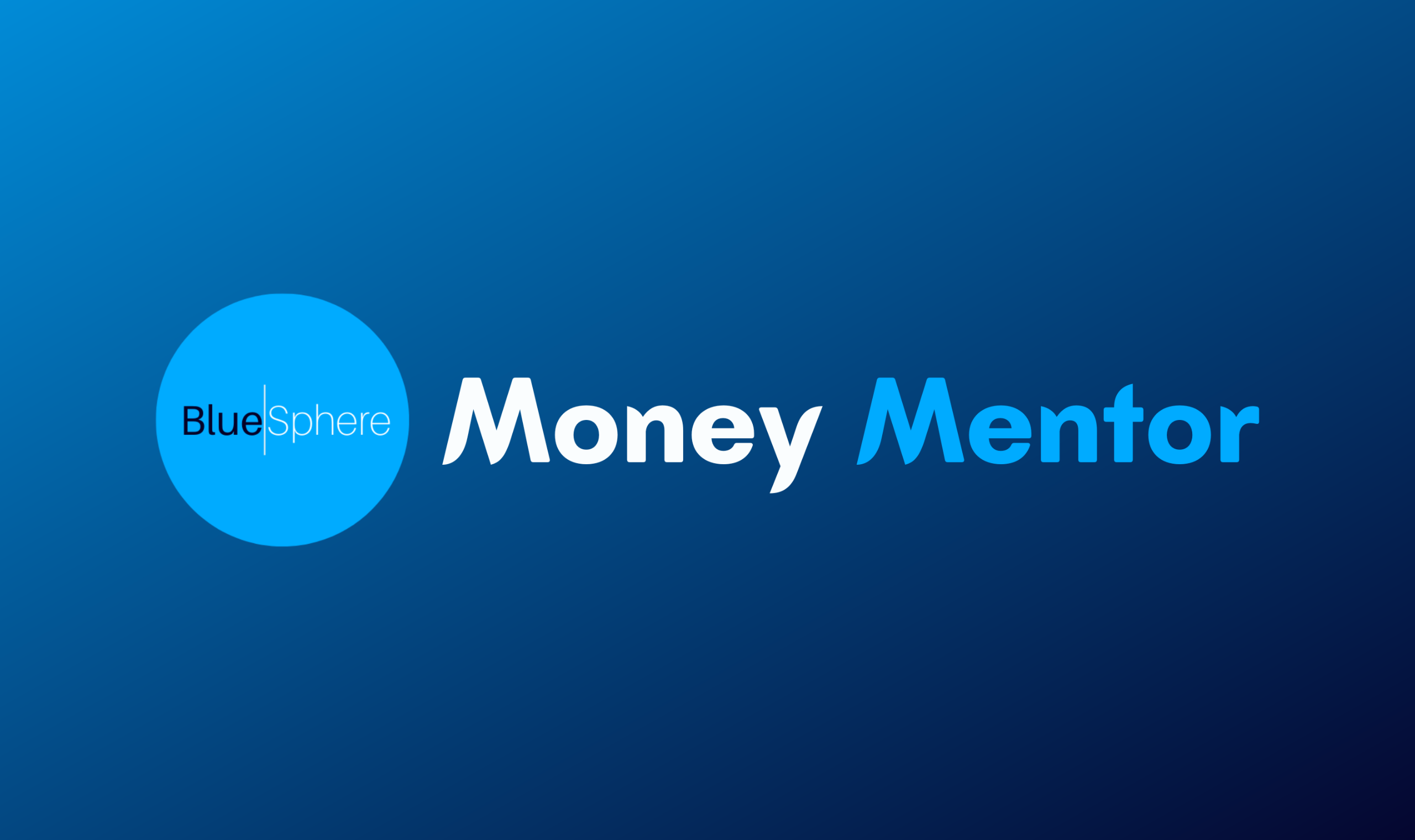Triple Bottom Line
Triple Bottom Line
The triple bottom line (TBL) is a framework for evaluating the sustainability of a business or organisation. It takes into account three key areas of performance: social, environmental, and financial. This approach to corporate sustainability goes beyond the traditional focus on profits and instead looks at the long-term impact of a company’s operations on people, the planet, and its financial success.
The concept of the triple bottom line was first introduced by John Elkington in 1994 in his book “Cannibals with Forks: The Triple Bottom Line of 21st Century Business.” Elkington argued that businesses needed to consider the environmental and social impacts of their operations in addition to their financial performance. He coined the term “triple bottom line” to describe this three-pronged approach to sustainability.
The social aspect of the TBL refers to the impact of a company’s operations on people, both inside and outside the organisation. This includes issues such as labor practices, diversity and inclusion, and community engagement.
The environmental aspect of the TBL focuses on the impact of a company’s operations on the natural environment. This includes issues such as greenhouse gas emissions, resource conservation, and waste management.
The financial aspect of the TBL refers to a company’s economic performance. This includes traditional measures of financial performance such as profits and shareholder value, as well as more holistic measures of financial sustainability such as long-term financial stability and the ability to adapt to changing market conditions.
Adopting a TBL approach to corporate sustainability requires a shift in business practices and priorities. It requires companies to consider the long-term impact of their operations on people, the planet, and their financial success, rather than just focusing on short-term profits. This can involve making changes to business operations and processes, such as adopting more sustainable production methods or investing in renewable energy.
Implementing a TBL approach can have a number of benefits for businesses and organisations. It can help to improve brand reputation and customer loyalty, as consumers increasingly prioritise sustainability in their purchasing decisions. It can also lead to cost savings through the adoption of more efficient and sustainable business practices. In addition, a triple bottom line approach can help businesses to adapt to changing market conditions and regulatory environments, and to build long-term financial stability.
Overall, the triple bottom line is a framework that encourages businesses to consider the long-term sustainability of their operations, taking into account the social, environmental, and financial impacts of their actions. By adopting a triple bottom line approach, businesses and organisations can create value for all of their stakeholders, including shareholders, employees, customers, and the wider community.

Each month we’ll aim to bring a bit of humanity and common sense back into the world of finance.




